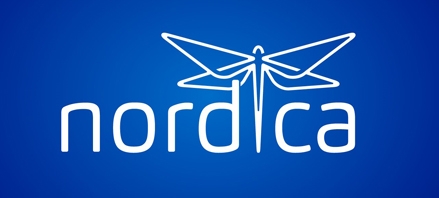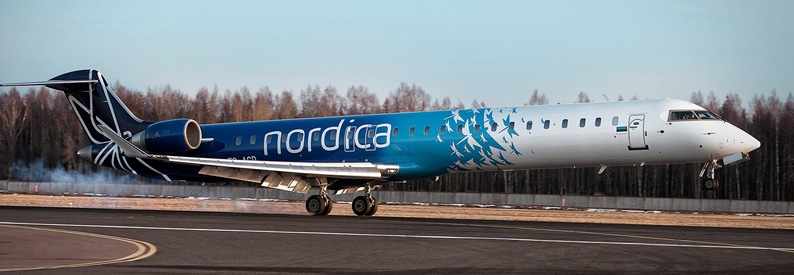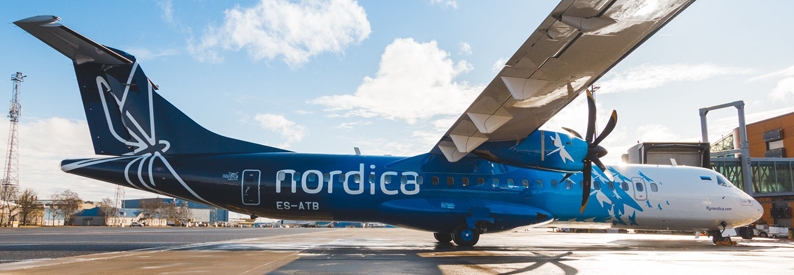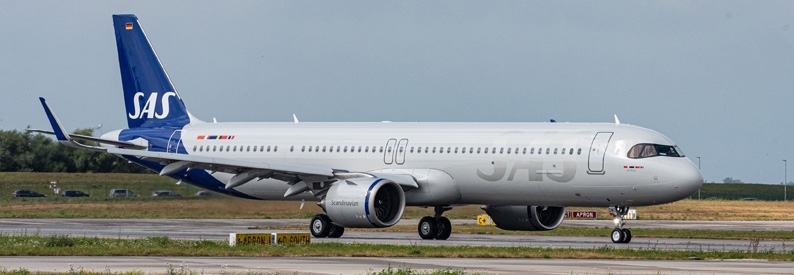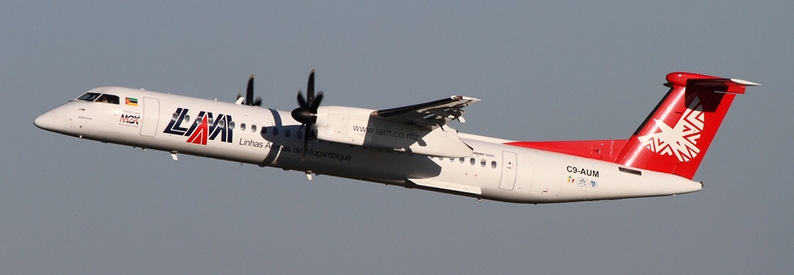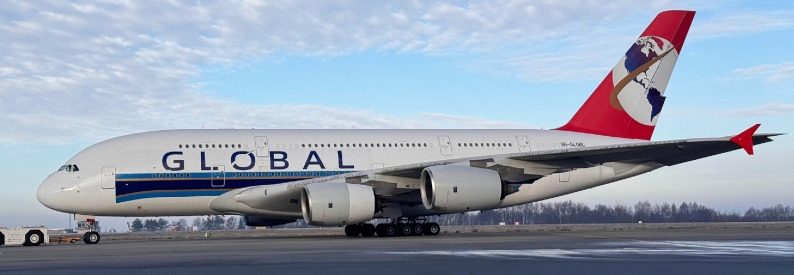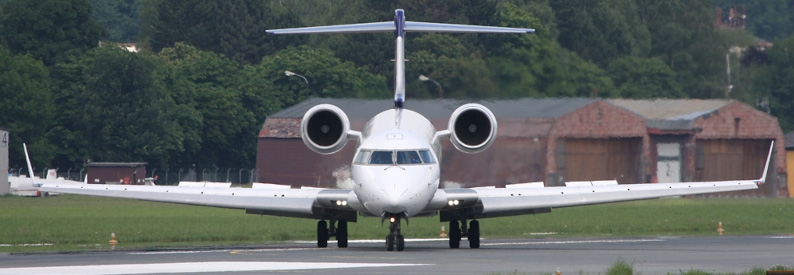Nordica (Tallinn Lennart Meri) and Xfly (Estonia) parent Nordic Aviation Group has triggered “a process to turn the company around” by hiring aviation advisory firm Knighthood Global in an effort to put the Estonian state-owned company back on the path of profitability, it announced on August 1.
The move came as Kristen Michal, who as the newly appointed climate minister recently took responsibility for the airline, ordered the supervisory board to carry out “a special audit” after the company posted a preliminary loss of EUR7.2 million euros (USD7.9 million) for the first half of the year.
“The special audit follows a situation today where Nordica’s financials have taken a nosedive in a very short period of time,” he said.
Jan Palmér, chief executive of both Nordica and Xfly, sent the board a letter of resignation last week, which the board accepted. In his place as interim CEO is now Remco Althuis, a commercial advisor and the head of the turnaround consultancy team. Althuis has previously worked in managerial positions at KLM Royal Dutch Airlines, Etihad Airways, and Air Seychelles.
David O’Brock, chairman of the supervisory board, acknowledged in a statement that “the economic situation of Nordica has deteriorated sharply in the last few months, and the company’s revenues have turned out to be considerably lower than expected. In turn, the costs significantly exceed revenues.”
He added: “The situation in the aviation market is very difficult, there’s a delay in leased aircraft with which Nordica is supposed to service its clients, there is a deficit in both the workforce and the equipment, the costs of all inputs have risen. All these aspects have turned Nordica onto a path of losses.”
Knighthood Global has been “tasked to restructure the business” and “ensure the company’s sustainability,” he said, adding that under the six-month contract with the consultancy, all of the operations and cost structure of Nordic Aviation Group will be revised. O’Brock blamed the loss on what he called an overly optimistic expansion strategy adopted late last year.
“The board expects the turnaround team that started on August 1 to make detailed suggestions” in an interim report by the end of September on how to achieve profitability quickly, he said. “We expect tangible results, including consistently positive cash flow, already in the coming months.”
At a news conference on August 1, Sander Salmu, the Ministry of Climate's undersecretary for transport, clarified that the audit will go back to the start of 2020, before the Covid outbreak, the Estonian public broadcaster ERR reported. Special attention will be paid to the fact that Nordica received state aid that year, one of the conditions for which was privatisation within seven years or having to return the money.
On August 2, Palmér told ERR that it had been impossible to foresee the problems that plagued the charter/ACMI sector last year, in which aircraft, crews, and spare parts were in short supply amid spiking demand. “We had problems in January and then in February. It continued from one month to the next. July was the first month when we had our planes in the air and operating on schedule,” he said. He had initially planned to retire by resigning in June and handing the airline over to a new CEO at the end of the year.
